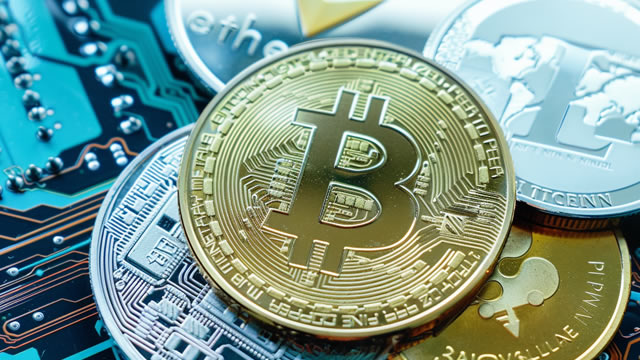
CZ Reports Government Shift: Crypto Now Called ‘Hard Money' by Officials
Coinspeakergeneral
Government officials used the economic term to describe crypto during advisory discussions where CZ consults on digital asset policy.
📋 Article Summary
Crypto's Metamorphosis: From "Virtual Currency" to "Hard Money"
In a surprising shift, government officials have officially embraced the term "hard money" when describing cryptocurrencies, signaling a major change in their perception of digital assets. This semantic transformation, as revealed in advisory discussions with Binance CEO Changpeng "CZ" Zhao, highlights the evolving landscape of crypto regulation and the growing acceptance of these decentralized financial instruments.
The term "hard money" carries significant weight in economic discourse, often associated with currencies that maintain their value and purchasing power over time. By adopting this terminology, government policymakers are acknowledging the inherent scarcity and deflationary nature of many cryptocurrencies, such as Bitcoin, which are designed to have a finite supply.
This shift in language reflects a growing recognition of crypto's role as a potential hedge against inflation and a store of value, rather than merely a "virtual currency" used for speculative trading or niche transactions. As global economies grapple with the lingering effects of the pandemic and the looming threat of recession, the appeal of hard, decentralized money has become increasingly evident.
Industry experts suggest that this reframing of crypto as "hard money" could have far-reaching implications. "It's a significant milestone in the mainstream adoption of cryptocurrencies," says blockchain analyst Emma Rauten. "By aligning crypto with the hallmarks of traditional 'hard money,' like gold or silver, it signals a newfound respect and legitimacy from government officials."
This shift in perception could pave the way for more favorable regulatory frameworks, as policymakers recognize the potential of cryptocurrencies to serve as a stable store of value and a hedge against economic instability. Furthermore, it may encourage greater institutional investment, as traditional finance players become more comfortable with the idea of integrating crypto assets into their portfolios.
However, the road ahead is not without its challenges. Regulators will still need to navigate the complexities of crypto's decentralized nature and address concerns around consumer protection, anti-money laundering, and the potential for market manipulation. Striking the right balance between fostering innovation and ensuring financial stability will be a delicate balancing act.
As the crypto industry continues to evolve, the shift in government perception from "virtual currency" to "hard money" represents a significant milestone. It underscores the growing maturity and mainstream acceptance of digital assets, potentially paving the way for deeper integration within the global financial system. Investors, entrepreneurs, and policymakers alike will be closely watching how this transformation unfolds and the impact it has on the future of the crypto ecosystem.